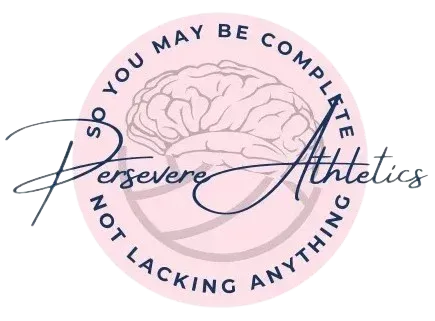FAQ's
FREQUENTLY ASKED QUESTIONS
What is the difference between a Mental Performance Coach & a Therapist?
A MPC is someone who coaches strategies, and processes to help with performance. An MPC does not diagnose or treat medical disorders.
Who do you work with?
I am currently only working with volleyball players
What age does my athlete need to be to start working with you?
I will start with athletes as young as 11 up to collegiate level athletes. I also work with male & female volleyball athletes!
Why does your approach/method work?
I am a certified Mental Game Coaching Professional which is a proven certification that has 20+ years of experience training Mental Performance coaches, and working with athletes.
How long does my athlete need to work with you?
Each athlete is different based on their needs, struggles, and how well they apply the methods and coaching.
How often do athletes meet with you, and how do they meet with you?
Ideally we will meet every week to every other week depending on the athlete’s schedule and availability. We meet via zoom.
Do you work with teams?
YES! I will launch my team program in the fall of 2024! :)
Are parents present during your sessions?
Only if the athlete wants them present. I let the athlete decide if they want their parents present, read their assignments, etc. I do record every session for my records.
How do I know if my athlete needs mental coaching?
Great question! Click Here to see if your athletes has the signs!
Why the Persevere Performance Program?
It shouldn’t take until college or until they are completely burnt out and want to quit for you to help them with the mental side of the game.
Have you seen your athlete do any of the following?
Say they never feel they are doing enough
Have expectations to be perfect, and never make a mistake
Afraid they will let everyone down
Perform better in practice than they do in games
Doesn’t understand what they need to improve to reach their goals
Too self-conscious- worries about what others think
Constantly doubt themselves about their sport prior or during games
Overthink their performance post game and can’t just let it go
Too self conscious and worries about how others perceive them
High expectations for performance (maybe perfectionist)
Pre-game jitters do not go away after the first few minutes into the competition.
Motivated by fear of failure and it affects performance in competition.
Fear of success and sabotages self when winning.
Not sure why they play their sport or allow others to be their source of motivation.
Motivated by external rewards, accolades, recognition, or praise.
Attach self-worth to how well they perform in sports.
Lose focus or have mental lapses during critical times of the game.
Reports a general lack of focus in practice or competition.
Routines are not well defined or lack mental focus.
Inability to recognize when out of routine and thus can’t adjust focus.
Go through the motions physically without mental focus or intensity.
Not excited enough or too excited to perform their best in competition.
Distracted by things that occur in the surrounding environment.
Doubts or negative thoughts before, during, or after competition.
Post-injury - can’t perform the same as did pre-injury, even when 100% physically recovered.
May sabotage performance with a comfort zone (protect lead) or expectations that limit ability to press forward.
Easily frustrated after errors due to high expectations.
Cannot perform with freedom or trust in times of adversity or pressure.
Just interested in improving their mental game.
Work on mechanics or technique even when competing (training mindset).
Cannot concentrate in the here and now or focus only on execution.
Thinks too much about consequences of performance (good or bad).
Overanalyze mistakes (technique) and thus think too much about technique.
Suffer from low self-confidence or self-esteem.
Limit performance with negative self-labels such as “I am a choker.”
Difficulty forgetting or letting go of bad past performances.
Anger or frustration gets in the way of peak performance.
Impatience with improvement or current performance.
Frequently disappointed with performance and wishing it was better.
Takes poor performance home with self and feels down or upset for a long time.
Burning desire to be the best at their sport.
Does your athlete struggle with more than just 1? It's time to consider equipping them with the mental tools they need to be ready for next season!

